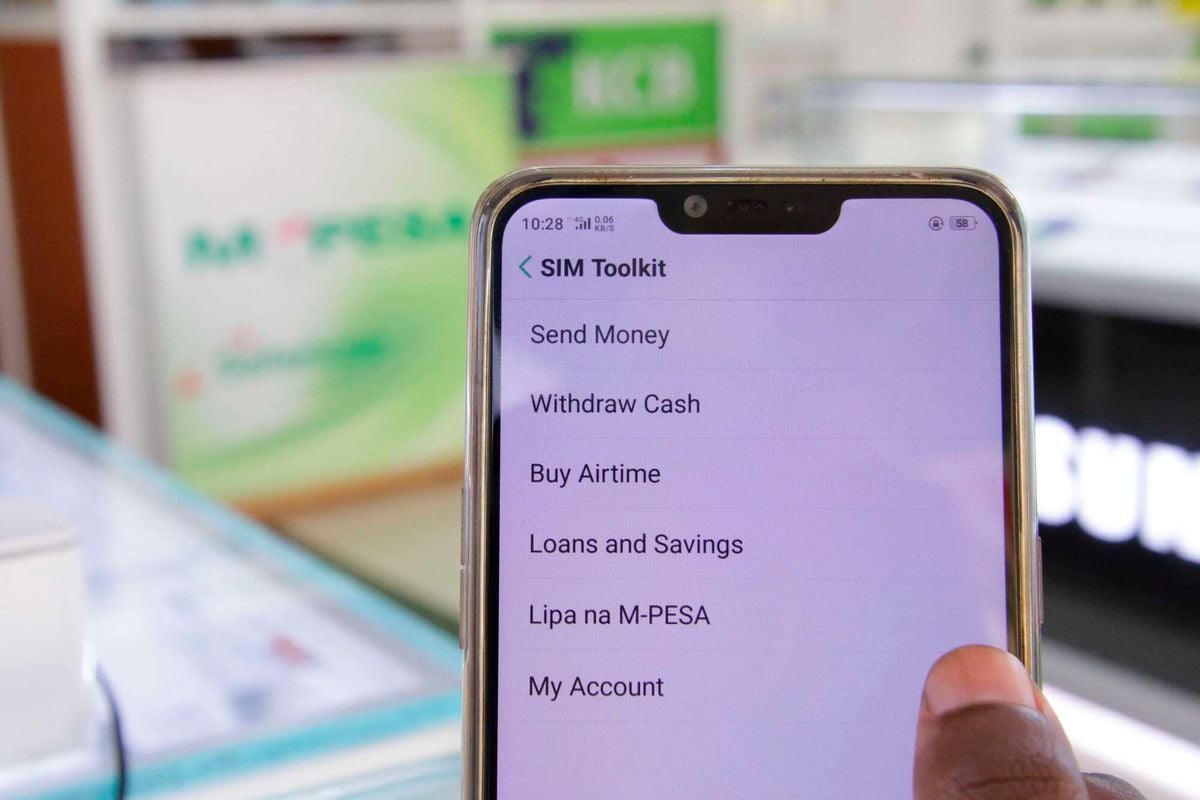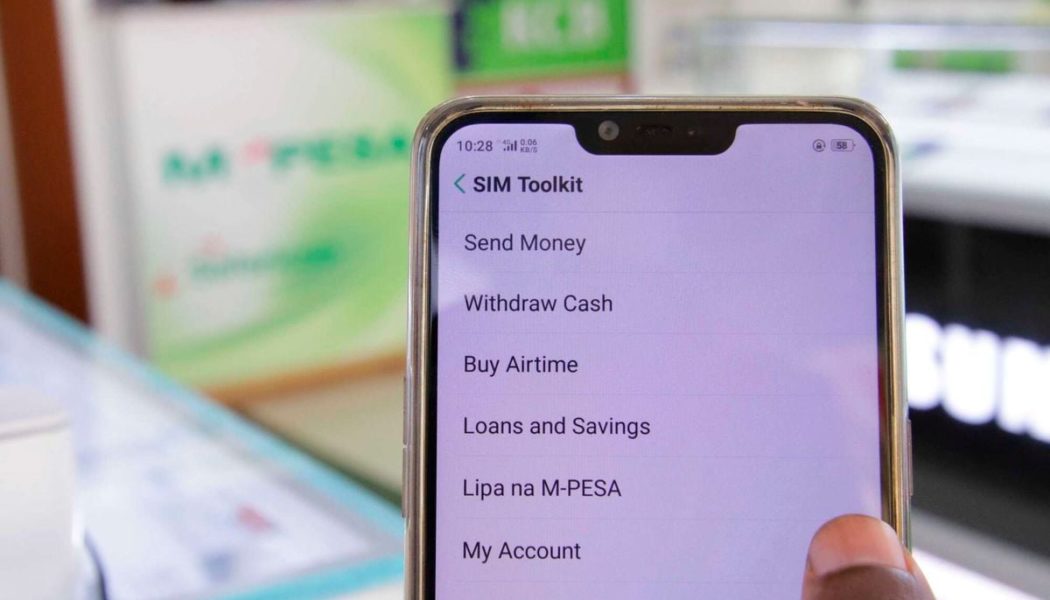
While Kenyans use M-Pesa to send and receive cash and pay for goods and services, Ethiopians have taken a different path.
Safaricom expected rapid adoption in a cash-based economy with low credit card penetration and many rural markets that needed to be connected.
Instead, Ethiopians are using M-Pesa mainly to buy airtime and data, snubbing its other offerings like sending cash, borrowing and paying for insurance.
This emerges despite the operator growing its M-Pesa subscriber base to 8.31 million since launching the platform in August 2023 in Africa’s second most populous country, which is hailed as “the last frontier” for digital banking.
“M-Pesa users in Ethiopia are mainly buying airtime products and data. 20 percent of the sales (bundles and airtime) go through the M-Pesa channel initiated by self-top ups,” said Wim Vanhelleputte, the CEO of Safaricom Telecommunications Ethiopia Plc in an interview.
The increased use of voice and data is reflected in Safaricom Ethiopia’s revenues of Sh4.1 billion in the six months ended September.
Mobile data revenues accounted for more than half of the sales at Sh3.2 billion after surging 144.3 percent in the half year.
Voice and messaging revenues grew by 27.1 percent and 98.4 percent to Sh516.4 million and Sh36.7 million respectively.
While M-Pesa revenues doubled in the period to Sh24.4 million, it remained the baby of the business with a measly 0.58 percent of the sales.
Kenyan success
This is in contrast to Kenya, where M-Pesa tops Safaricom’s revenues and emerged a profit driver for the telco.
Sales in Kenya grew by 12.9 percent to Sh177.4 billion with M-Pesa revenues hitting Sh77.2 billion in the six months.
M-Pesa has more than 50 million customers in seven African countries — including two with large populations, Egypt and the Democratic Republic of Congo.
But Ethiopia is home to 120 million people, making its telecoms market — a monopoly since 1894, when Emperor Menelik II installed the first line between Addis Ababa and the eastern city of Harar — the key area to break into.
Safaricom described it as a virgin territory, with acres of space for growth and hoped to replicate the success of the mobile financial services in Kenya, where it is credited with bringing tens of millions of unbanked Kenyans into the financial system.
But Safaricom was not blind.
It previously identified the dominance of cash in Ethiopia as a barrier to growing its payments business in the country, highlighting the proliferation of cash, particularly for small value transactions.
“Banking penetration in urban areas is relatively high but 99 percent of small value transactions are in cash,” Safaricom Plc told investors in February this year.
Safaricom strategy
A 2021 report by the World Bank on digital payments and financial inclusion noted that cash in Ethiopia is by far the dominant payment method for the population, in contrast to other regional markets such as Kenya.
Ethiopia also has lower levels of cash transfers from urban to rural areas, unlike Kenya, where the transfers helped Safaricom scale M-Pesa services after its launch in 2007.
Safaricom reckons that the social construct in Ethiopia is less geared towards town to village money transfers, which make up a large proportion of transactions in Kenya.
The number of three-month active customers in the period under review stood at 6.1 million as Safaricom closed its second year of commercial operations in the market.
The operator expects to drive the usage of M-Pesa by tapping into the active customer base that is already consistently using voice and data services.
“The opportunity is there to convert and to encourage the voice and data users to also start using M-Pesa services because they are fully enabled. The products and services are also there, including lending and insurance products,” added Mr Vanhelleputte.
“It’s actually voice and data customers who will pull up the one million users we have on M-Pesa in the next few months.”
Safaricom Ethiopia has continued to see an acceleration in customers and usage in the six months to September, including active voice, data and SMS users.
The customer momentum is backed by the expansion of its network with the telco reaching 3,008 base stations in the period, up from 2,057 sites previously.
The company says growth in the subscriber base remains the most critical task of its operations in the country at the moment.
“As a startup, we are on a journey moving from the acquisition of users, stimulating usage and putting a rate through which you can monetise,” said Mr Vanhelleputte.








